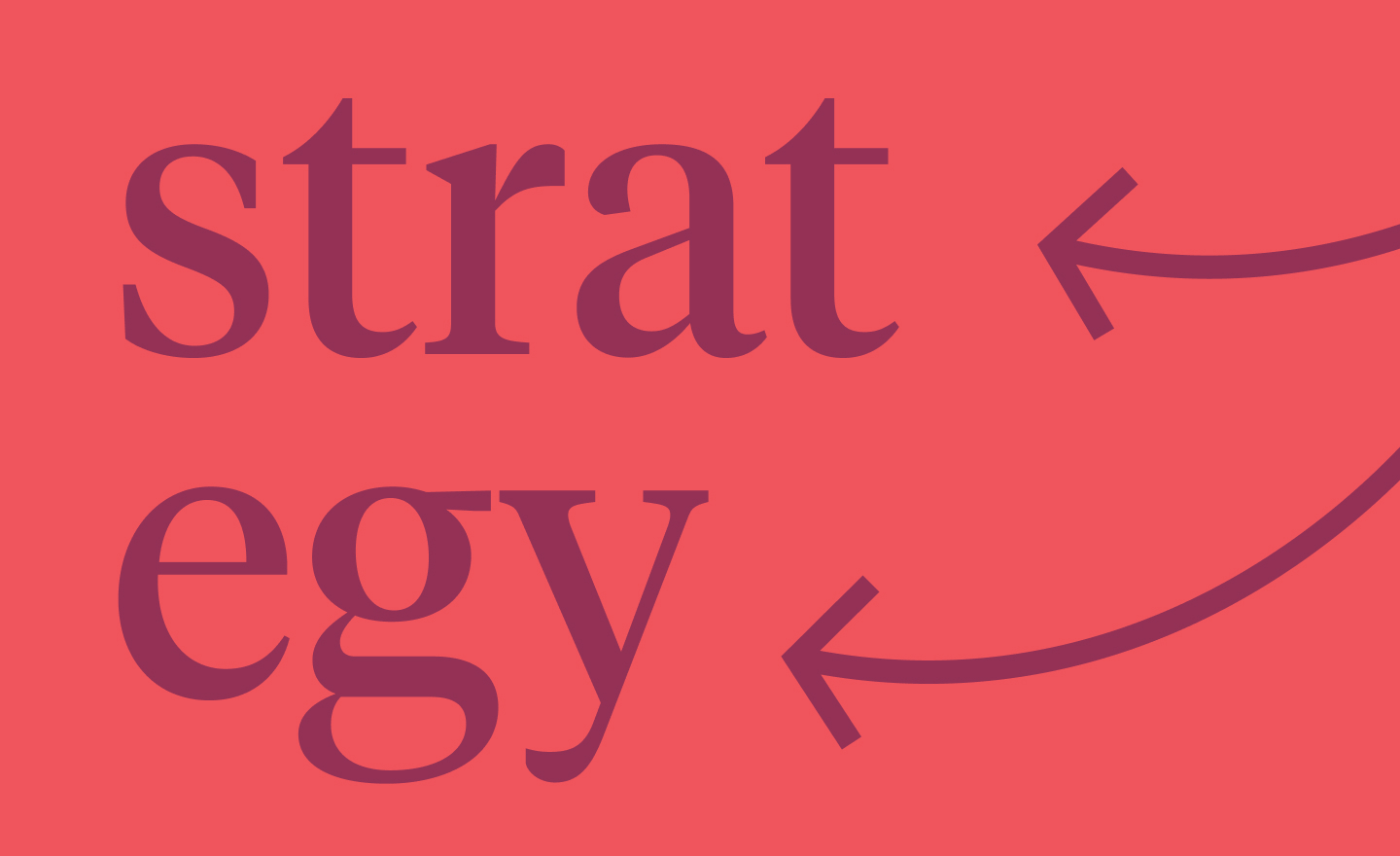[This is the second in an occasional series from our writing intern.]
I have always been a complicated person. I never enjoyed plain things or the ease of simplicity. I seemed to associate the simple with the dull and uninteresting. However, after my first few weeks as an intern I have learned that complexity often comes at a price. Yes, in some situations, what’s complex can be interesting and desirable. In this particular field of writing, however, complexity too often also means ambiguity. A lack of confidence. Being slow to the point. Being unresolved.
In my first blog post, I described my entry into writing. My first draft included needless layers of characterization. For example, one of my sentences began, “Alas, my passions and irrevocable desires led me to the ultimate sin, becoming an English major. With an English degree I could finally achieve my hidden dreams of becoming a writer. A writer? Why would I want to be a writer?” In the end, this sentence read, “Alas, I completely misguided my parents; I decided to become an English major.” Simple.
Simplicity in its ultimate form affords a clear perspective. It speaks to the underlying essence of the writer’s intent. I think of something Schopenhauer once said: “One should use common words to say uncommon things.” The ability to shape a sentence into a simple and lucid statement demonstrates a well-developed understanding of both language and context.
The importance of “getting to simple” is critical to my progress. I admit it’s difficult. Coming from a creative writing background, I often find myself composing purple passages. I’m learning. Shorter sentences. Direct statements. Coherent thought.
[Note: Applied Storytelling has always been informed by three simple precepts: “Live for joy. Work with heart. Get to simple.” I was delighted when, quite on her own, Natalie arrived at the importance of getting to simple. EL ]




